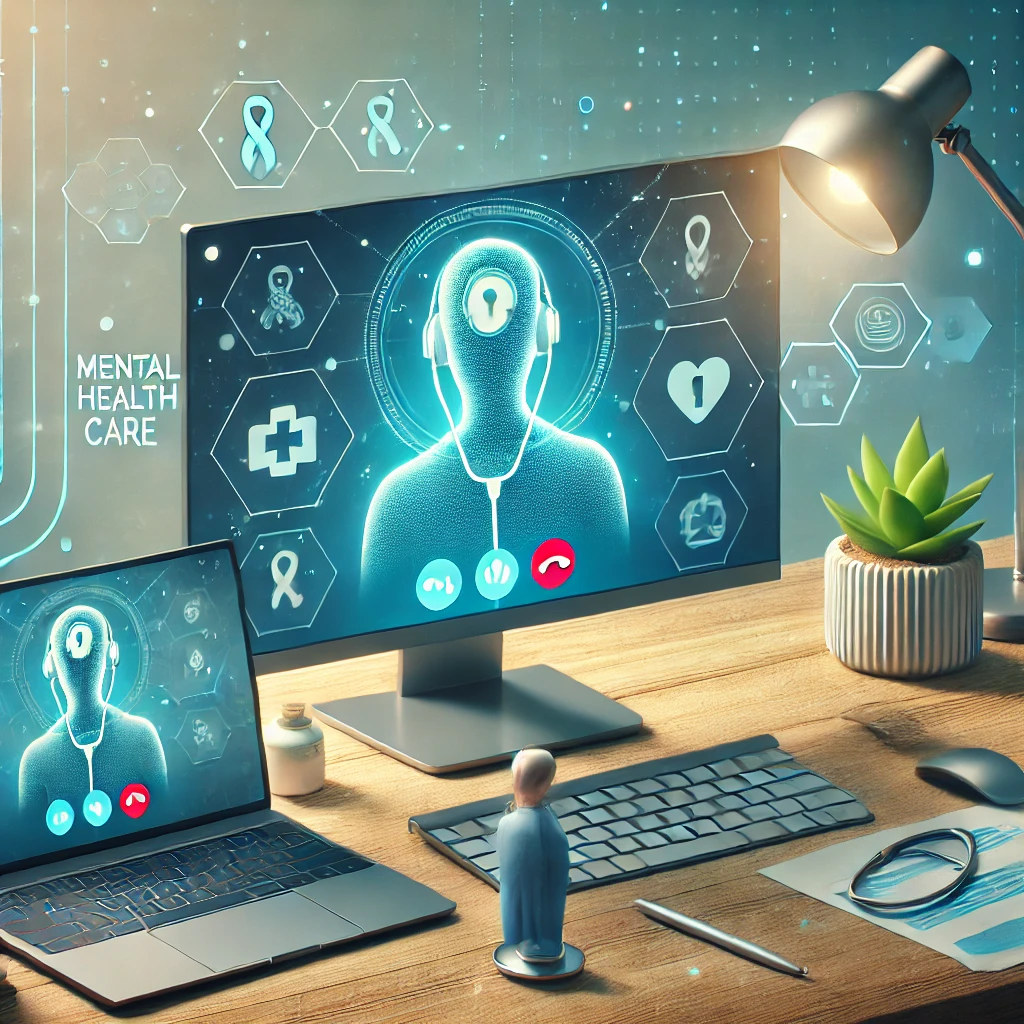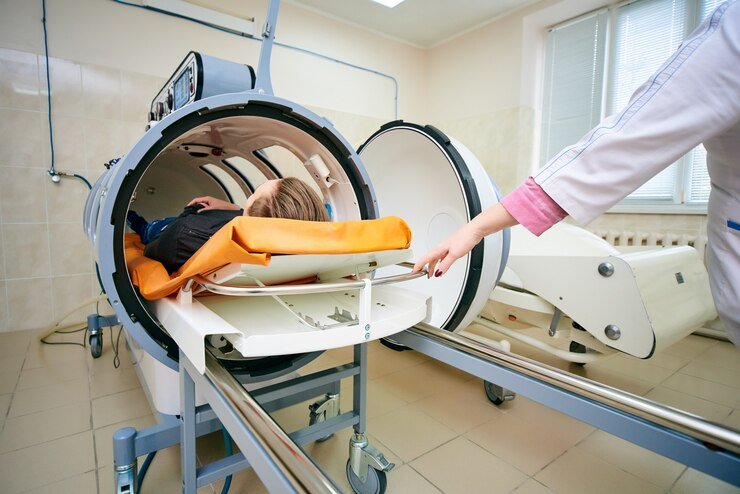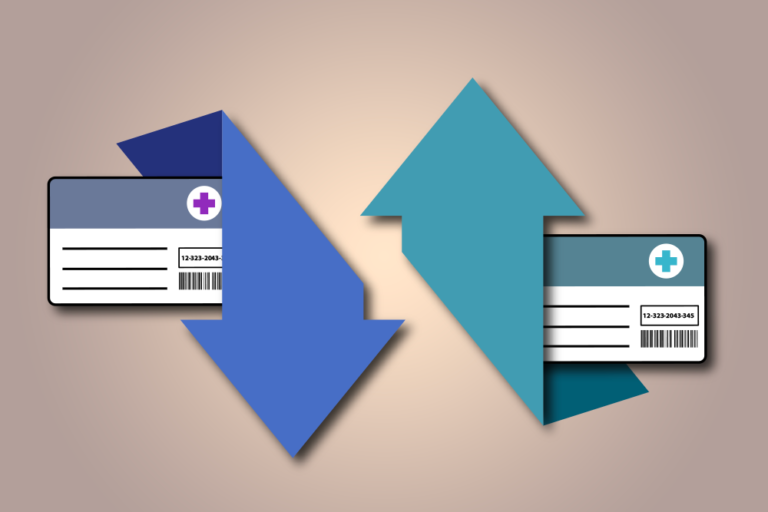An Independent Expert Evaluation of 24/7DCT’s Telehealth Offerings
Using telehealth platforms, 24/7DCT provides mental health and behavioral therapy services virtually throughout the United States. The group, which was founded during the COVID-19 pandemic, uses modern telehealth technologies to remove obstacles to mental health care. Counseling, psychiatry, neuropsychological testing, and Applied Behavior Analysis (ABA) therapy are among its offerings.
Historical Context and Development
24/7DCT was founded during this pivotal period to use telehealth breakthroughs to bridge the accessibility gap. This program is consistent with larger developments in healthcare, where technology is essential to reducing disparities and increasing access. Unprecedented difficulties, including an increase in mental health disorders and restricted access to conventional medical care, were brought on by the COVID-19 pandemic.
Service Offerings
A variety of mental health services catered to various needs are offered by 24/7DCT, including:
- Counseling: Individuals, families, and groups can receive treatment for mental health issues like depression, anxiety, and trauma.
- Psychiatry: Treatment planning, drug management, and thorough assessments for complicated illnesses.
- Neuropsychological Evaluations: Comprehensive tests that concentrate on behavioral, emotional, and cognitive functioning are known as neuropsychological examinations.
- Applied Behavior Analysis (ABA) Therapy: Provided in conjunction with Playful Minds Therapy, this specialist treatment is beneficial for children with autism spectrum disorder.
These offerings highlight the organization’s approach to providing individualized, evidence-based care.
Innovations in Telehealth
To guarantee safe and efficient service delivery, the firm incorporates cutting-edge telehealth technologies. Important characteristics include:
- Secure Video Conferencing: HIPAA-compliant virtual meetings that put patient privacy first are known as secure video conferences.
- Digital Assessment Tools: Accurate and comprehensive remote assessments.
- Encrypted Messaging: Making it easier for patients and doctors to communicate.
These advances show how telehealth may satisfy the expectations of modern healthcare by reproducing many characteristics of in-person care.
Client Reach and Demographics
24/7DCT serves a diverse population of individuals, children, and families from urban, suburban, and rural areas. Because of its emphasis on diversity and inclusion, marginalized people—especially those who live in remote areas—are guaranteed access to high-quality mental health care. Through the removal of regional restrictions and the resolution of practical concerns, the portal assists those who are generally excluded from traditional services.
Effect on Accessibility
Through the use of telehealth technologies, 24/7DCT can remove significant obstacles to care, such as cost and location. Benefits include:
- Geographic Reach: Providing qualified medical care to residents of isolated or impoverished areas.
- Cost Efficiency: Reducing travel and other administrative costs is a cost-effective strategy.
- Flexible Scheduling: Taking into account the demands of clients with busy schedules.
This tactic highlights how the platform contributes to increased accessibility and reduced costs for mental health treatments.
Partnerships and Collaboration
A key component of 24/7DCT’s purpose is collaboration. The charity provides specialized ABA therapy for kids with ASD through its collaboration with Playful Minds Therapy. This collaboration ensures that families may receive in-home and center-based services by fusing developmental care with telehealth expertise.
Case Studies and Results
Although specific client information is kept private, anecdotal evidence points to promising results:
- ABA Therapy: Children with ASD who get ABA therapy see improvements in their behavioral and communication abilities.
- Counseling and Psychiatry: Clients report feeling more emotionally resilient and well-adjusted.
These outcomes demonstrate how well the platform works to meet a range of mental health requirements.
Evaluation Based on Industry Standards
In the cutthroat telehealth industry, 24/7DCT is noted for:
- Scope of Services: Providing both general counseling and specialist care, such as ABA therapy and neuropsychological testing.
- Evidence-Based Practices: Making sure that best practices and industry standards are followed.
With this all-encompassing strategy, 24/7DCT is positioned as a notable contributor to online mental health services.
Challenges and Criticisms
Despite its strengths, 24/7DCT faces challenges common to telehealth services:
- Interpersonal Connection: Critics argue that virtual therapy may lack the personal nuances of in-person interactions, particularly for intensive interventions.
- Digital Infrastructure: Reliable internet access remains a barrier for clients in areas with inadequate connectivity.
These challenges highlight the ongoing need for innovation and inclusivity in telehealth delivery.
Industry Recognition
In 2024, 24/7DCT received recognition underscoring its contributions to mental health accessibility. Broader industry accolades could further validate its impact and position in the field.
Future Prospects and Sustainability
24/7DCT is positioned to expand its services in alignment with the growth of telehealth. The following are possible areas for growth:
- AI Integration: Using cutting-edge data analytics to customize care.
- Multilingual Support: Improving accessibility for customers who don’t speak English.
- Sustainability Initiatives: Keeping up with new developments in technology and mental health.
The organization’s focus on innovation and sustainable practices is reflected in these strategies.
Conclusion
24/7DCT is a demonstration of how telehealth can address challenges in mental health treatment by removing obstacles about accessibility, cost, and location. The platform’s evidence-based methods, progressive technologies, and collaborative approach contribute to its role in mental health care to the mental health landscape, despite ongoing issues in guaranteeing inclusivity and personal connection.






